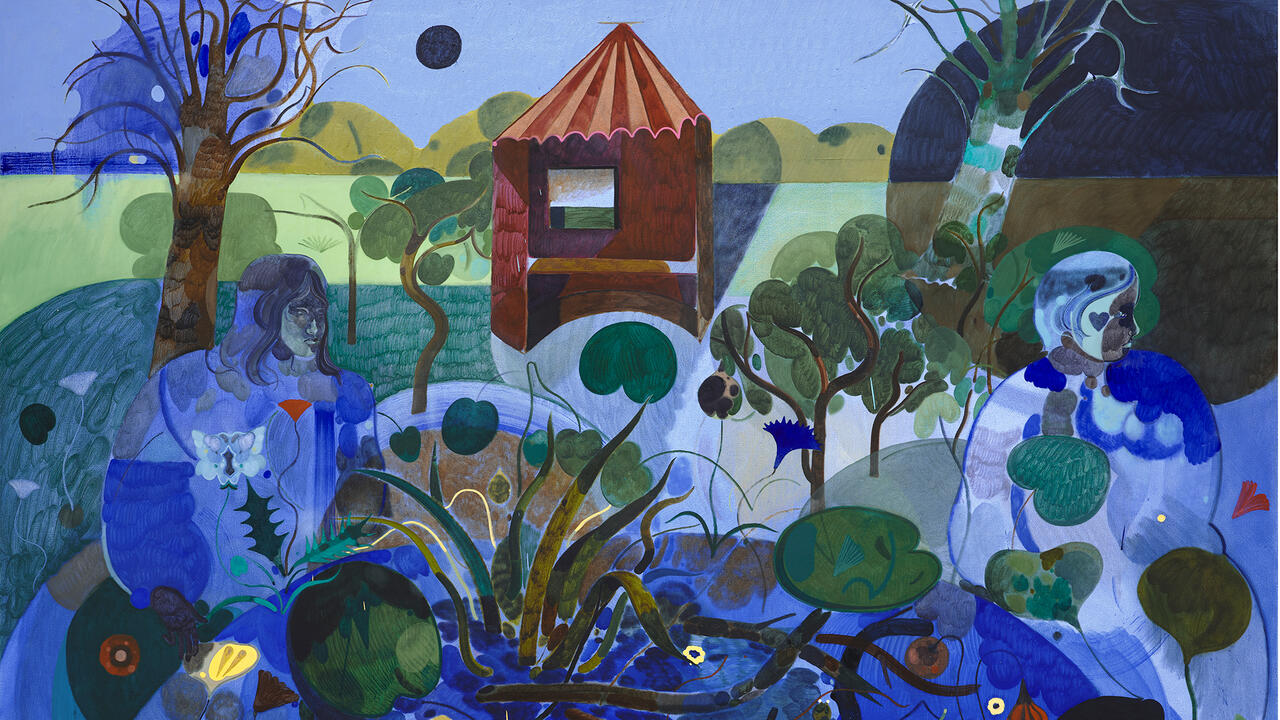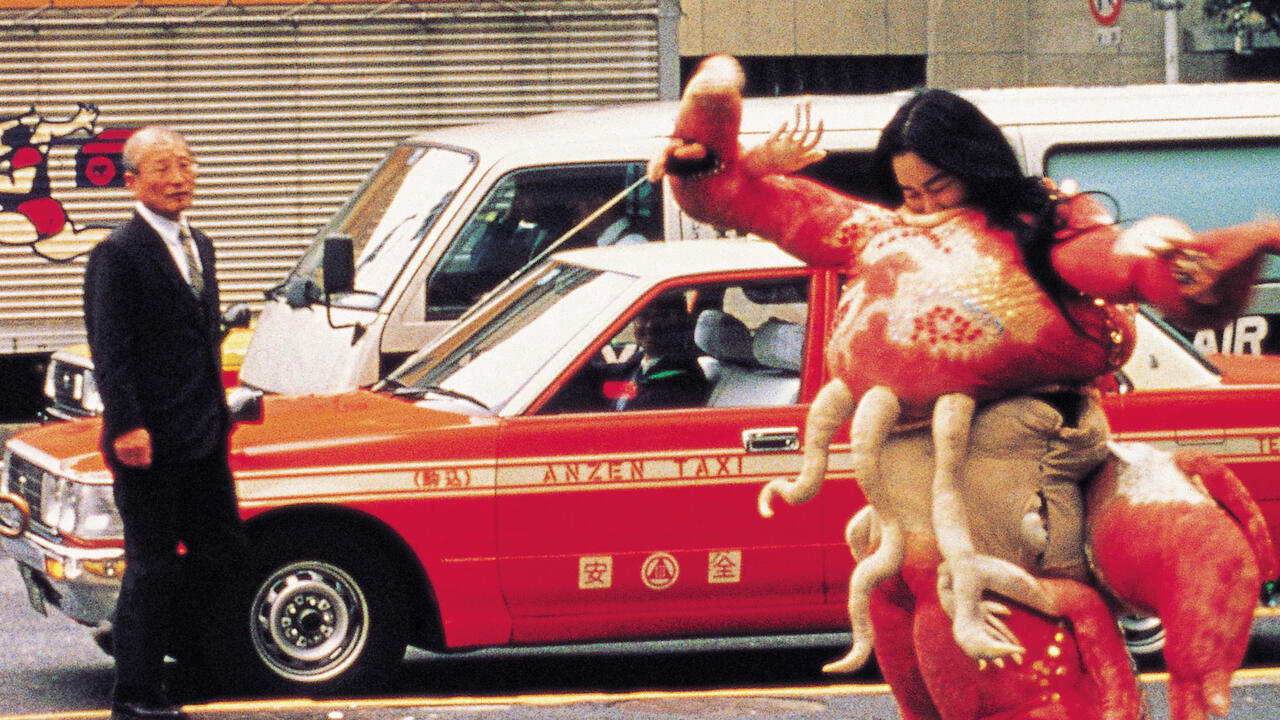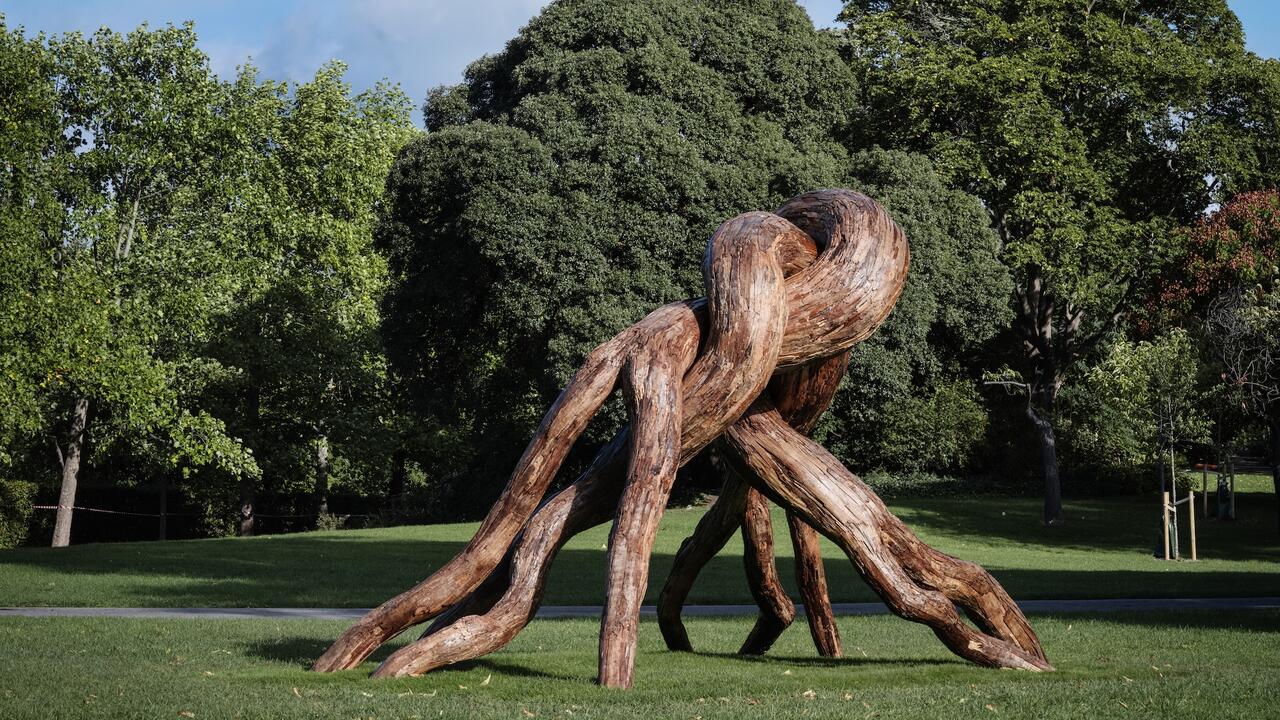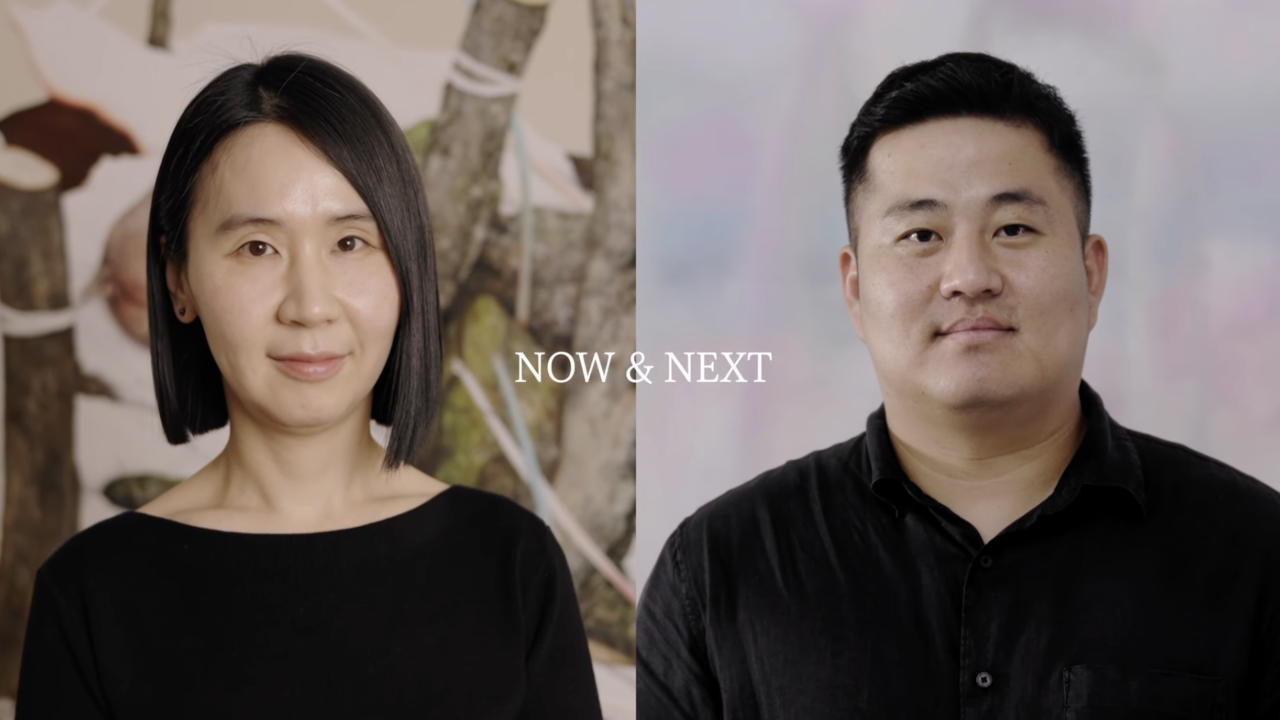Bad Meaning Good
An interview with Jonathon Green
An interview with Jonathon Green
Jennifer Higgie: What do you think about Quentin Tarantino's use of the word 'nigger' in Jackie Brown?
Jonathon Green: I think Lenny Bruce said it best: 'everybody wants what ought to be, but there is only what is, and what is I'm afraid ain't never nice, whereas what ought to be ain't never existed'. The term 'nigger' has been a part of black English as a binding, unifying, positive word since at least the 40s, so I don't think Tarantino really pioneered its use.
Except that he's a white director...
But it has been used in fiction by white writers and by black writers, both positively and negatively for ages. Spike Lee's problem with Tarantino's language reminds me of the row around Lady Chatterley's Lover - the same artificial moral panic. There's a Protestant stupidity behind it all, and it makes me vomit. Language is so difficult - so much of it is in the mouth of the user and the ear of the listener, and we all hear it differently.
This is perhaps where Tarantino's use of the word is interesting - he gets different characters in different films to say it differently every time it's uttered, so it complicates the whole idea of a word being one-dimensional.
The whole thing with these words, is that intellectually and emotionally you always have different takes. Emotionally one knows that the use of the word 'nigger' as a pejorative is bad. Intellectually, it's more complicated. Lenny Bruce, again, is very good on this. He would get up in front of his very hip, racially mixed New York audience, and he'd say 'what do I see here? I see a kike, and next to the kike is a nigger and a spick and a couple of nips'. People would walk out, but what he was saying was that these are only words, only agglomerations of consonants and vowels in a certain order. His thing was that if you bring them out, you demystify them, you disempower them. I saw an interview with Pam Grier, saying that the only reason Spike Lee was so down on Tarantino was that Lee, who'd been a friend of hers for years, had never got around to employing her and felt guilty about it.
Would you agree that when taboo terms are driven underground and they re-emerge in disguised forms anyway?
Censorship will always make things more alluring - what is more alluring about drugs than the fact that you're not allowed to use them? We now have a situation whereby Merriam-Webster, the major dictionary publisher in the US, is considering the censorship of what they call slur-words: racism, obscenities and so on. They're promising that when these words have finally left the language they'll be excluded from the dictionaries for ever. Which is bullshit on two levels: one, dictionaries are there to record and not adjudicate and two, do you really think people are going to get so lovey-dovey?
Is the appropriation of originally negative words, like 'queer' and 'nigger', as an empowering strategy, a particular phenomenon of the late 20th century?
Yes, I think this self-conscious appropriation is a new development in language, although I would say that the use of the word 'nigger' by black people is more of an ironic gesture, whereas the new use of the word 'queer' is very definitely a self-conscious 'we're going to take the word back'. There is a great tradition in slang of the bad equals good model. You hear it a lot now in many of the words teenagers use - for example, when 'bad' or 'wicked' means 'great', 'wonderful'. The nature of slang is that it is oppositional, you take what the larger society says is red and call it yellow and vice versa. An early example is the word 'rum', which in the 16th century was used by villains to mean good, but was used, very soon after, to mean bad by the 'straight' world. So you have expressions like 'rum cove', which is a good guy to some, an eccentric to others.
How effective a strategy do you think it is?
Well, take, for example, a band like Hole. Those boys who watch Courtney Love cavort about like every teenage dream of slut heaven go home and jerk off at night, and not because they seeing this empowered woman who is confronting them with their own fantasies, but because they're seeing tits and ass. So, unfortunately the ironic nuances are probably not noticed by those who use 'queer' as a pejorative, and that's the problem. The people who need this re-definition rammed down their throats are the people least interested, or least capable of understanding it.
How has the increasing secularisation of our society affected our linguistic taboos?
I think one of the interesting things about verbal abuse is that religious words, in general, no longer have the weight they used to. The concept of blasphemy is now pretty unknown to most of us. When the appalling Mary Whitehouse brought a blasphemy case against Gay News in the 70s for a poem called 'The Well-Hung Christ', it shocked everyone - not the poem, of course, but who, in living memory, had heard of a blasphemy trial? But those sorts of words were the original oaths - the original swearing, not the original obscenity; the concept of obscenity didn't exist until about the 17th or 18th centuries.
Before our concept of obscenity, you could be insensitive to all words except God-related ones. They weren't terribly worried about saying 'arse' or 'prick'. The first citation of the word 'cunt' was around the 13th century; a street in Southwark where the brothels were located was called Grope-Cunt Lane. You can find 'arse' and 'bollocks' in a glossary written in the year 1000. But the language police closed in. By the 18th century, you find 'cunt' defined by Francis Grose in A Classical Dictionary of the Vulgar Tongue, as 'a nasty word for a nasty thing'. In the late 19th century, James Murray did the work on 'cunt' and 'fuck' for the Oxford English Dictionary, but wasn't allowed to include them. So, this sensitivity to words is certainly relatively modern but the sensitivity towards racist terms is even more recent. My slang-compiling predecessor Eric Partridge had no problems about race - 'nigger' was 'a black person', no further comment required. But when it came to sex, it was never penis, always 'membrum virile'. Never vagina, but 'pudendum', which in Latin literally means 'fit to be ashamed'. Times change.
Are there equivalent racist terms about whites?
The group who have accrued the least insults attacking them are the white Anglo-Saxon Protestants; it's really hard to find stuff. There are a few, but words that say you are white and therefore bad, are thin on the ground. It shows the way white domination forced its way into language.
Have we run out of obscenities?
Compared to the level of old obscenities, I think we have. We are now facing a completely different kind of taboo. There's an argument that an obsession with individual sensitivities - race, disabilities - have in most Western cultures replaced religion. But just because we've changed the language doesn't mean society will suddenly follow. Life is usually unimpressed by art. On a general level, for most young people, these words have no real resonance any more - they're just words. As the old blasphemies lost their power, so too have the old obscenities.
Jonathon Green is the author of 'Words Apart: The Language of Prejudice' (1996) and 'Slang Through the Ages' (1996). He is currently compiling 'Cassell's Dictionary of Slang', to be published in October,















